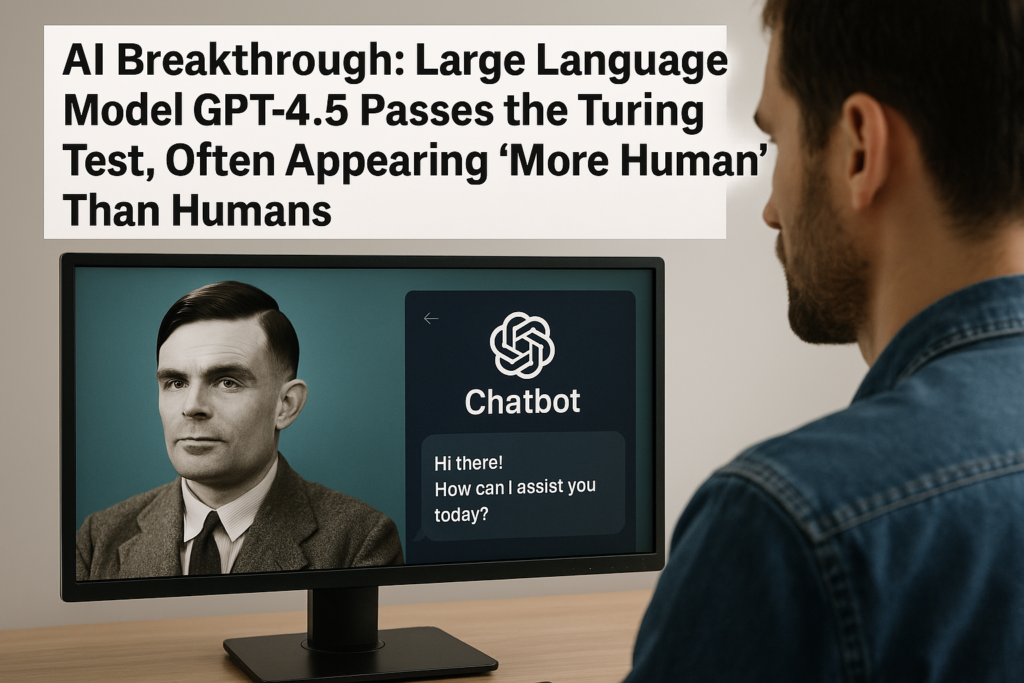TL;DW:
TL;DW: Adcock’s talk on humanoids argues that the age of general-purpose, human-shaped robots is arriving faster than expected. He explains how humanoids bridge the gap between artificial intelligence and the physical world—designed not just to perform tasks, but to inhabit human spaces, understand social cues, and eventually collaborate as peers. The discussion blends technology, economics, and existential questions about coexistence with synthetic beings.
Summary
Adcock begins by observing that robots have long been limited by form. Industrial arms and warehouse bots excel at repetitive labor, but they can’t easily move through the world built for human dimensions. Door handles, stairs, tools, and vehicles all assume a human frame. Humanoids, therefore, are not a novelty—they are a necessity for bridging human environments and machine capabilities.
He then connects humanoid development to breakthroughs in AI, sensors, and materials science. Vision-language models allow machines to interpret the world semantically, not just mechanically. Combined with real-time motion control and energy-efficient actuators, humanoids can now perceive, plan, and act with a level of autonomy that was science fiction a decade ago. They are the physical manifestation of AI—the point where data becomes presence.
Adcock dives into the economics: the global shortage of skilled labor, aging populations, and the cost inefficiency of retraining humans are accelerating humanoid deployment. He argues that humanoids will not only supplement the workforce but transform labor itself, redefining what tasks are considered “human.” The result won’t be widespread unemployment, but a reorganization of human effort toward creativity, empathy, and oversight.
The conversation also turns philosophical. Once machines can mimic not just motion but motivation—once they can look us in the eye and respond in kind—the distinction between simulation and understanding becomes blurred. Adcock suggests that humans project consciousness where they see intention. This raises ethical and psychological challenges: if we believe humanoids care, does it matter whether they actually do?
He closes by emphasizing design responsibility. Humanoids will soon become part of our daily landscape—in hospitals, schools, construction sites, and homes. The key question is not whether we can build them, but how we teach them to live among us without eroding the very qualities we hope to preserve: dignity, empathy, and agency.
Key Takeaways
- Humanoids solve real-world design problems. The human shape fits environments built for people, enabling versatile movement and interaction.
- AI has given robots cognition. Large models now let humanoids understand instructions, objects, and intent in context.
- Labor economics drive humanoid growth. Societies facing worker shortages and aging populations are the earliest adopters.
- Emotional realism is inevitable. As humanoids imitate empathy, humans will respond with genuine attachment and trust.
- The boundary between simulation and consciousness blurs. Perceived intention can be as influential as true awareness.
- Ethical design is urgent. Building humanoids responsibly means shaping not only behavior but the values they reinforce.
1-Sentence Summary:
Adcock argues that humanoids are where artificial intelligence meets physical reality—a new species of machine built in our image, forcing humanity to rethink work, empathy, and the essence of being human.


